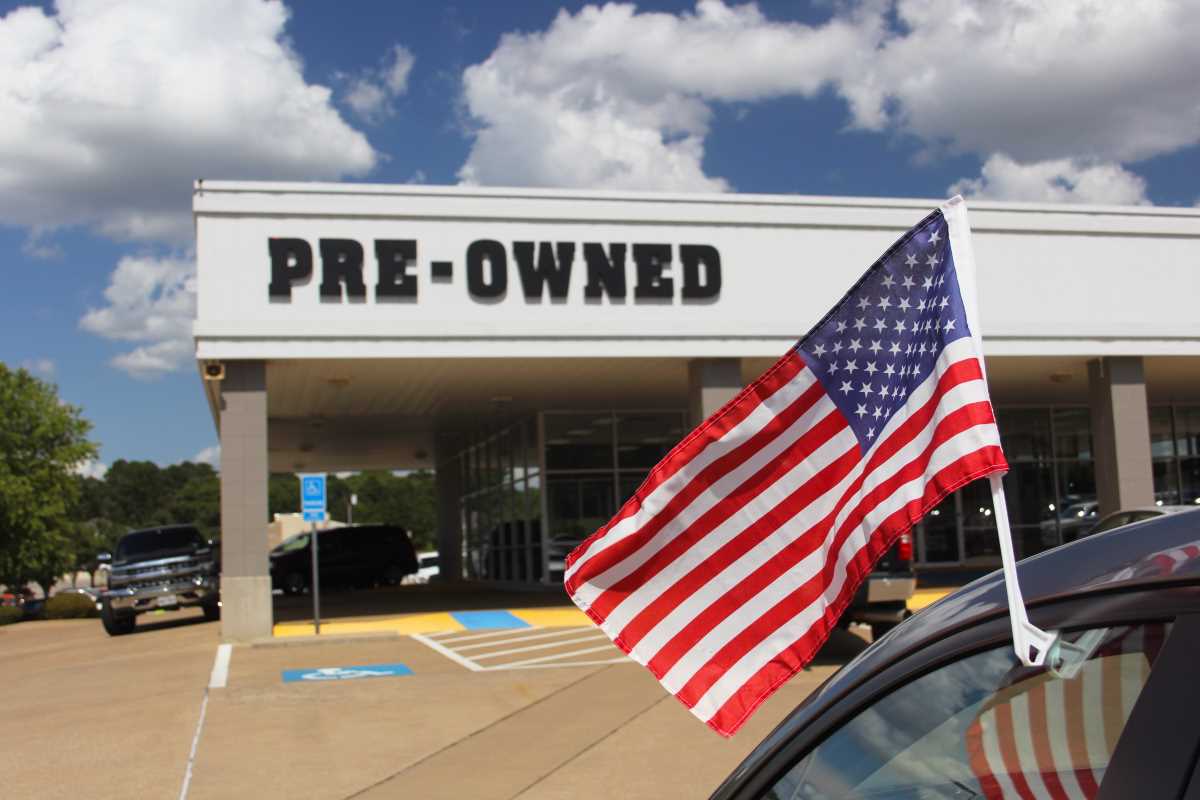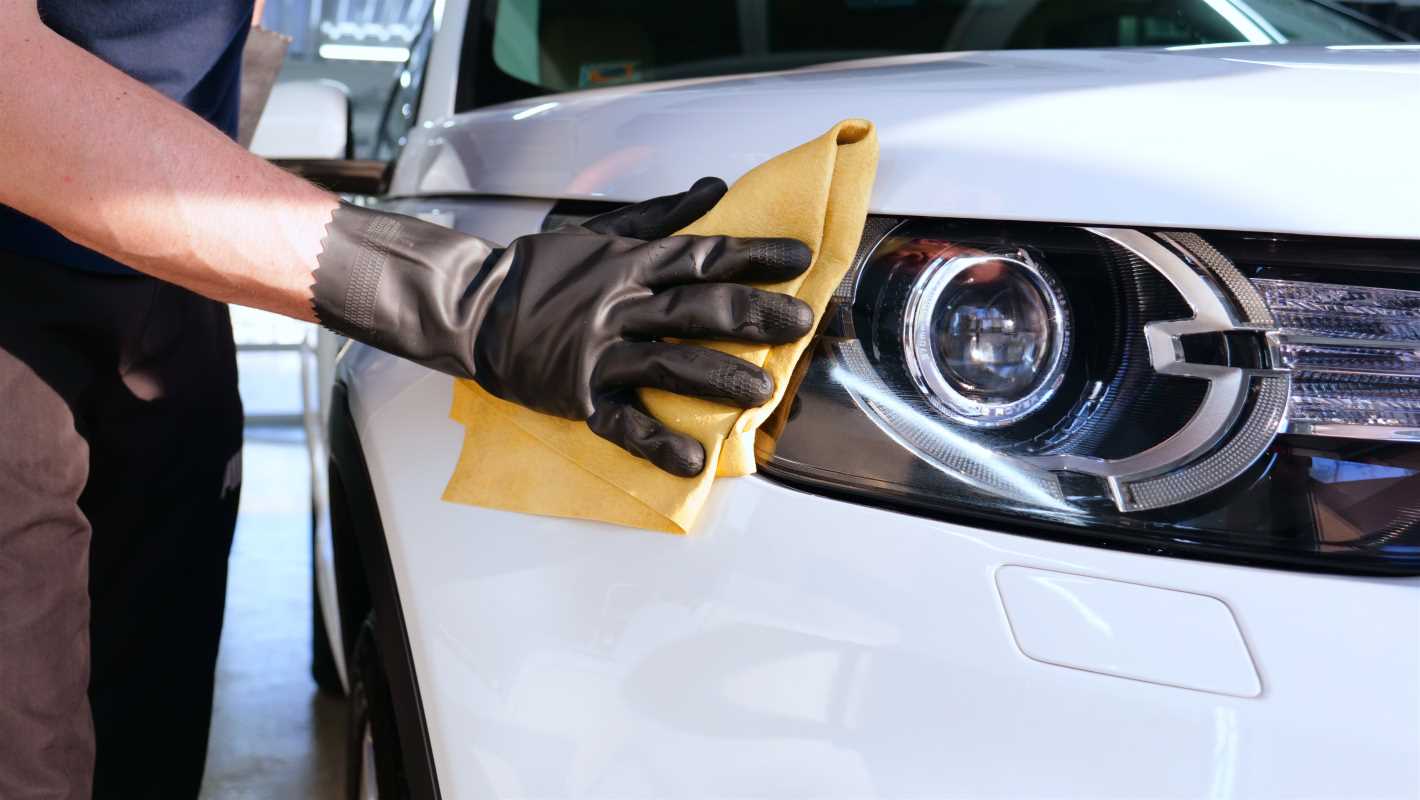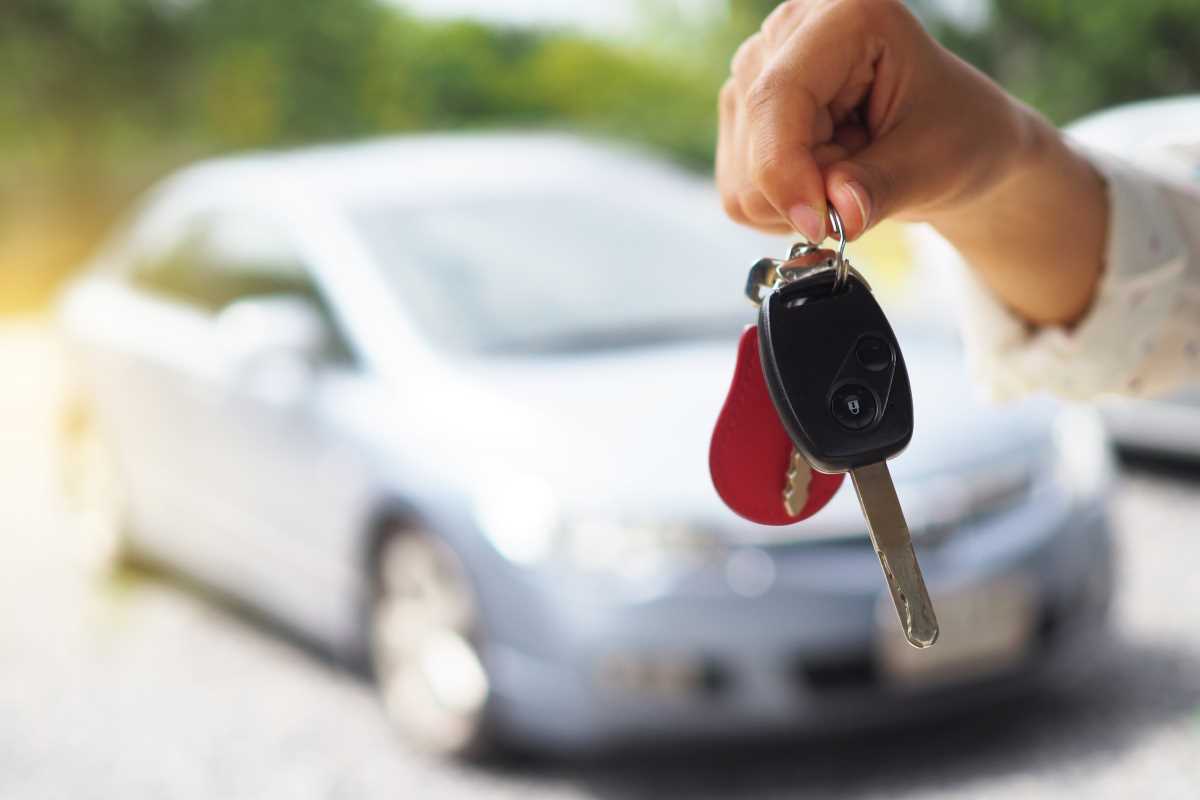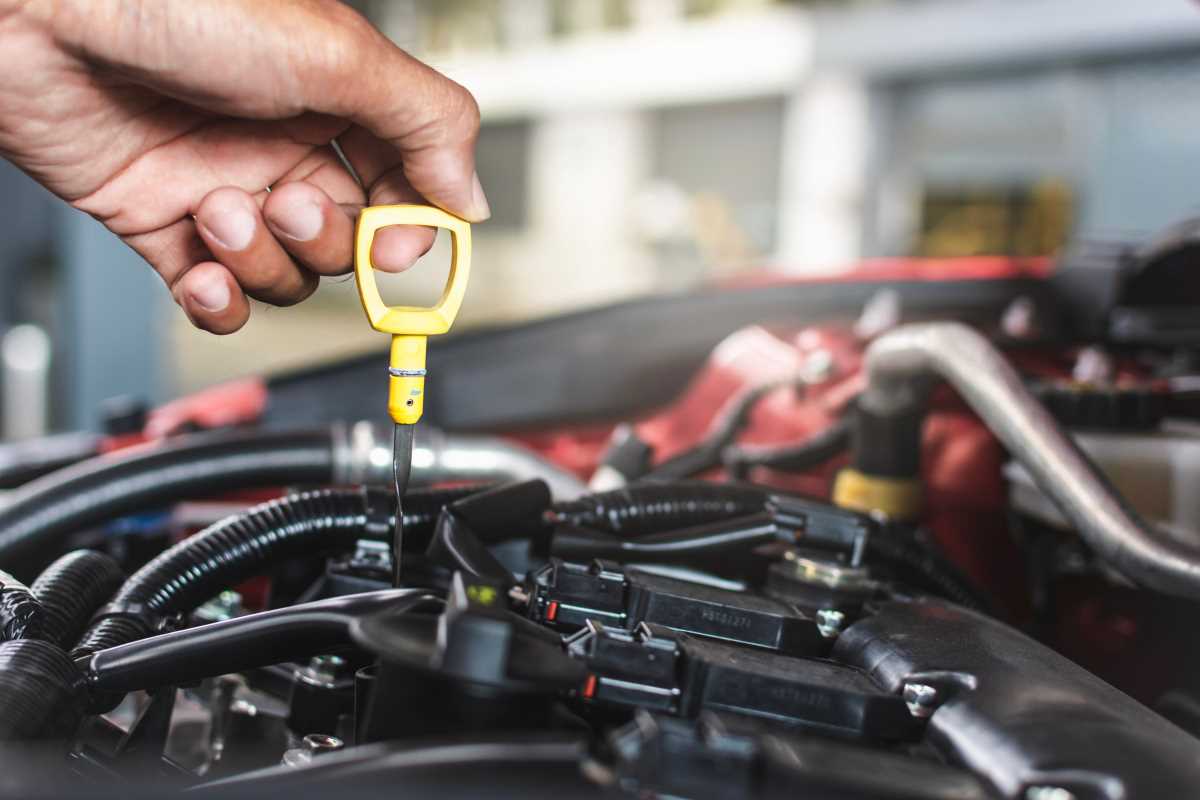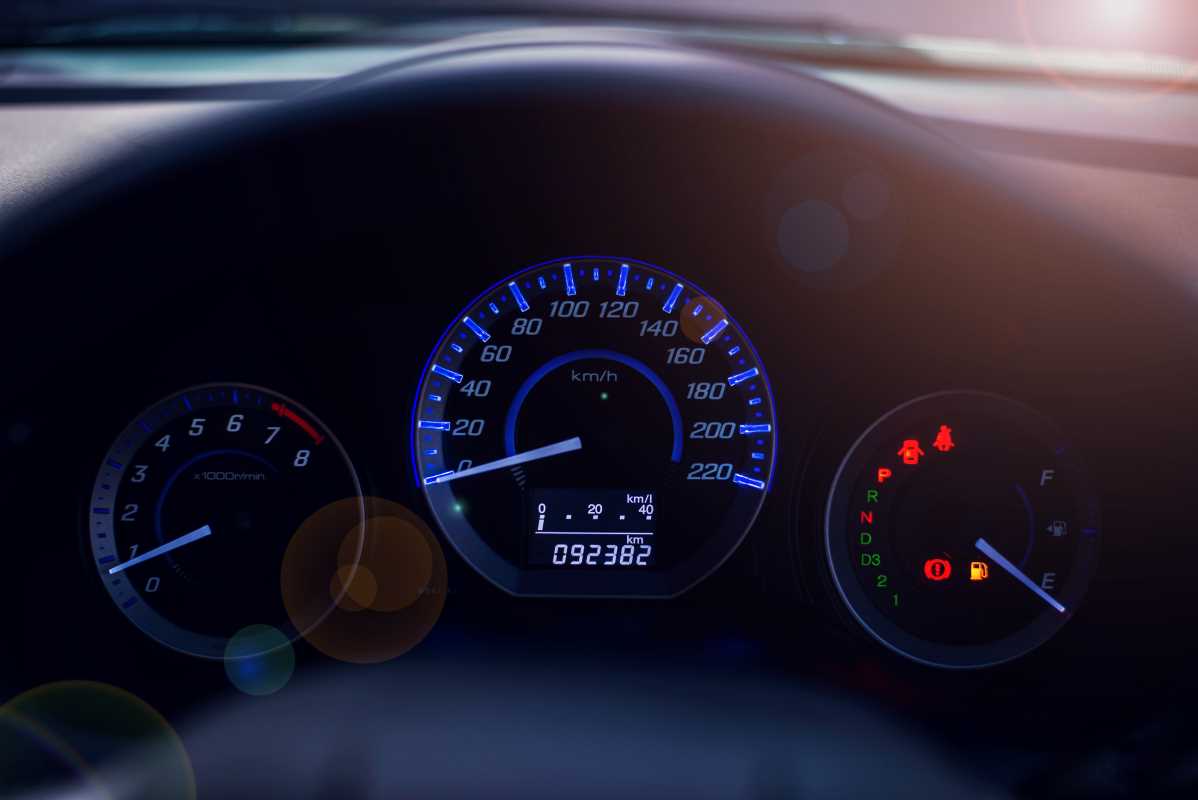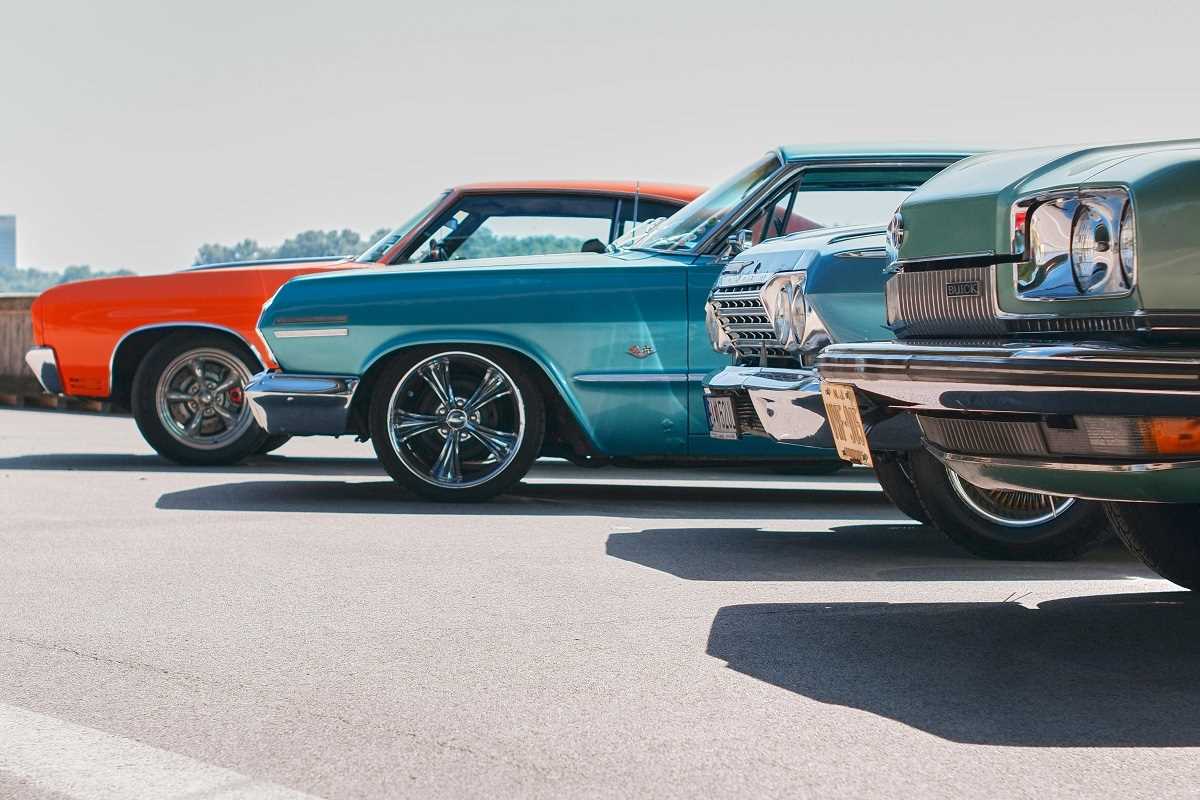Buying a used car can be an exciting adventure, but it also raises one crucial question: should you buy from a dealer or a private seller? Each option has its perks and pitfalls, and figuring out which works best for your situation can make all the difference in your car-buying experience. Do you want the peace of mind of a dealership or the potential savings of a private sale? How do warranties, negotiations, or even paperwork factor into your choice? If you’re facing this dilemma, don’t stress. We’ve broken down the differences to help steer you in the right direction.
The Perks and Pitfalls of Buying From a Dealer
Dealerships might be the first place that comes to mind when shopping for a used car. Thanks to their large inventories and professional setups, buying from a dealer often feels safer and more convenient. But are they always the better choice? Like anything, it depends on what you value most.
One of the biggest advantages of going to a dealer is the added peace of mind. Dealerships typically inspect their vehicles before putting them up for sale. Some even offer certified pre-owned (CPO) options, which come with rigorous inspections and extended warranties backed by the manufacturer. If reliability and long-term coverage are high on your list, a dealership can be a great place to start.
Another common advantage of dealerships is the ability to finance directly, often through in-house options. If you’re working with a budget and need financing, this setup can save you the hassle of securing your own loan. Plus, you might trade in your current car, which many private sellers won’t accommodate.
However, dealing with a dealer doesn’t come without its drawbacks. For starters, you’ll often pay more than you would in a private sale. Dealerships operate as businesses, meaning their prices include overhead costs like employee salaries, building expenses, and profits. Even after negotiating, you might not be able to snag the rock-bottom price you’re dreaming of.
The negotiation process itself can also be intimidating. Dealerships are notorious for playing hardball. Add-ons like warranties, service packages, or extended coverage can quickly pile up, inflating the final cost without you even realizing it. If you’re not careful, you might walk out paying more than you anticipated.
The Appeal and Risks of Private Sellers
On the flip side, private sellers generally offer a more straightforward buying experience. These are everyday people looking to sell their cars directly, often listing them online, in classified ads, or through word-of-mouth. If you’re okay with rolling up your sleeves and doing a bit of extra homework, buying privately can be a great way to save some cash.
The biggest reason buyers turn to private sellers is affordability. Without the overhead costs of a dealership, private sellers can typically offer lower prices. They’re often more open to negotiation as well, and some might just want a quick sale rather than squeezing every last dollar out of the deal. If getting the best possible price is your top priority, looking at private listings could be the way to go.
Private sales also tend to feel personal and one-on-one, which can lead to more transparent conversations about the car’s history and condition. You can ask the seller directly about any quirks, past repairs, or specific care the car has received. Building that rapport might even make the negotiation feel less transactional and more like a chat between car enthusiasts.
Of course, private sales aren’t without their challenges. The biggest downside is the lack of safeguards. There’s no warranty in most cases, and the car is typically sold as-is. If you later discover mechanical issues or damage, there’s little recourse. To minimize this risk, it’s always a good idea to request a vehicle history report and have the car inspected by a trusted mechanic before committing.
Another potential complication is the paperwork. With private sales, you’re usually responsible for transferring the title, registration, and any necessary documentation yourself. While this process isn’t overly complicated, inexperienced buyers might find it a bit daunting.
Comparing Warranties and Safety Nets
One of the most important factors when deciding between a dealership and a private seller is whether you want or need the additional safety nets. Dealerships usually win in this department, offering warranties, guarantees, and sometimes limited return policies. Certified pre-owned vehicles, in particular, come with factory-backed assurances that can save you headaches in the event of a breakdown or unexpected issue.
With private sellers, you’re relying entirely on the seller’s honesty and the due diligence you put into inspecting the car. If the seller claims the car is in great shape only for it to break down a month later, there’s no warranty to cover repairs. This added risk is a trade-off for the lower purchase price.
Financing and Payment Options
Another key difference is how you pay for the car. Dealerships usually offer a variety of financing options, often handling the loan process in-house. This makes it easier for buyers who don’t have the cash upfront or want to spread out payments over time. Many dealerships also accept car trade-ins, which can reduce the overall cost of your purchase.
Private sellers, on the other hand, typically require cash or a cashier’s check. While this is more straightforward, it means you’ll need to secure financing on your own if you’re not paying in full. This could be a dealbreaker for buyers who don’t want the hassle of arranging loans independently.
Negotiating Power in Both Scenarios
Negotiation is a standard part of buying a used car, but the approach differs between dealerships and private sellers. At a dealership, the price is often more rigid, with less room for haggling. Salespeople work off specific metrics and may not always have the flexibility to meet your desired price. That said, if you know how to leverage your research and timing, you can still negotiate for things like lower prices, waived fees, or additional perks.
Private sellers, however, tend to be more open to negotiation. Since they’ve set their own asking price, many are willing to come down for a quick and easy sale. Using tools like Kelley Blue Book to determine the car’s market value will give you a strong starting point for making an offer. Just remember to factor in other costs, like potential repairs or fees for transferring the title.
Which Choice Is Right for You?
Ultimately, deciding between a dealer and a private seller comes down to your priorities and comfort level. Are you someone who values the security of warranties, thorough inspections, and financing options? If so, a dealership might be the better route, even if it means paying a bit more. On the other hand, if you’re comfortable with a little extra legwork and want to save on the purchase price, a private seller might be your best bet.
Whichever option you choose, approaching the process with knowledge and preparation will help you avoid common pitfalls. Research the vehicle, ask lots of questions, and never rush into a deal. Whether you buy from a dealer or a private seller, the key to a successful car purchase is taking the time to make an informed decision.
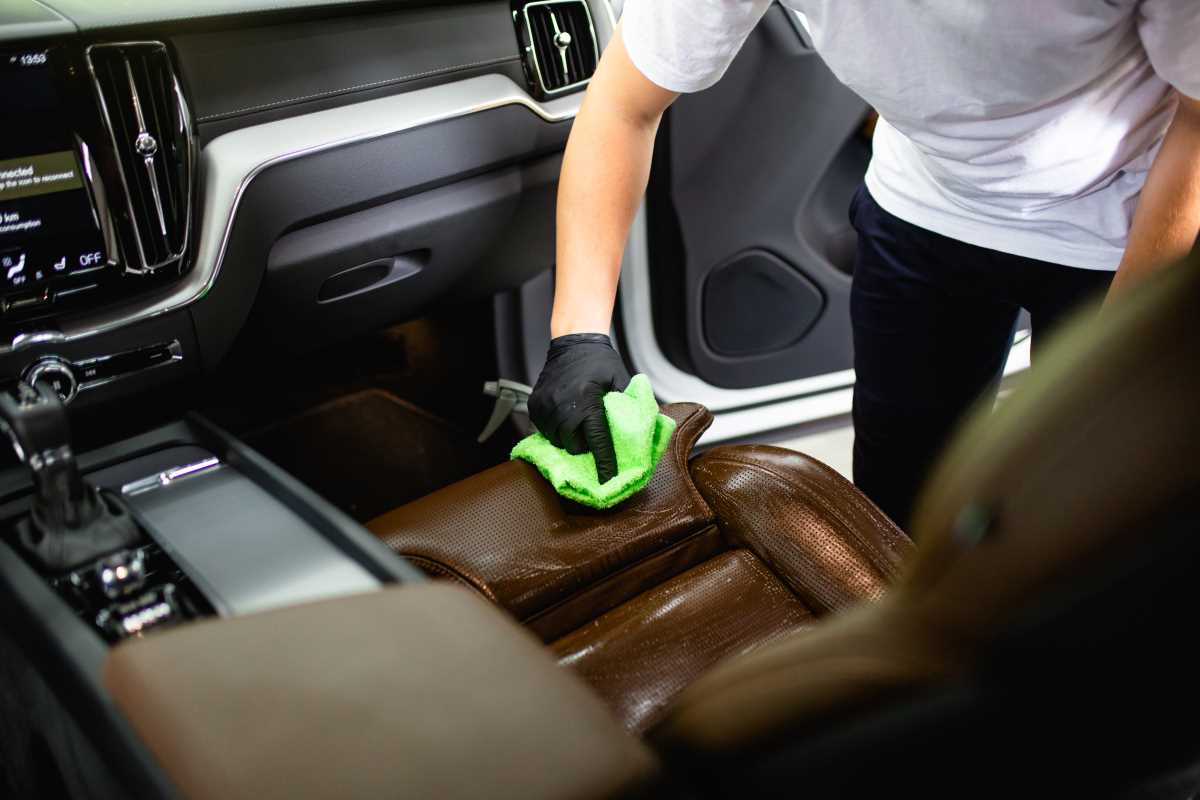 (Image via
(Image via